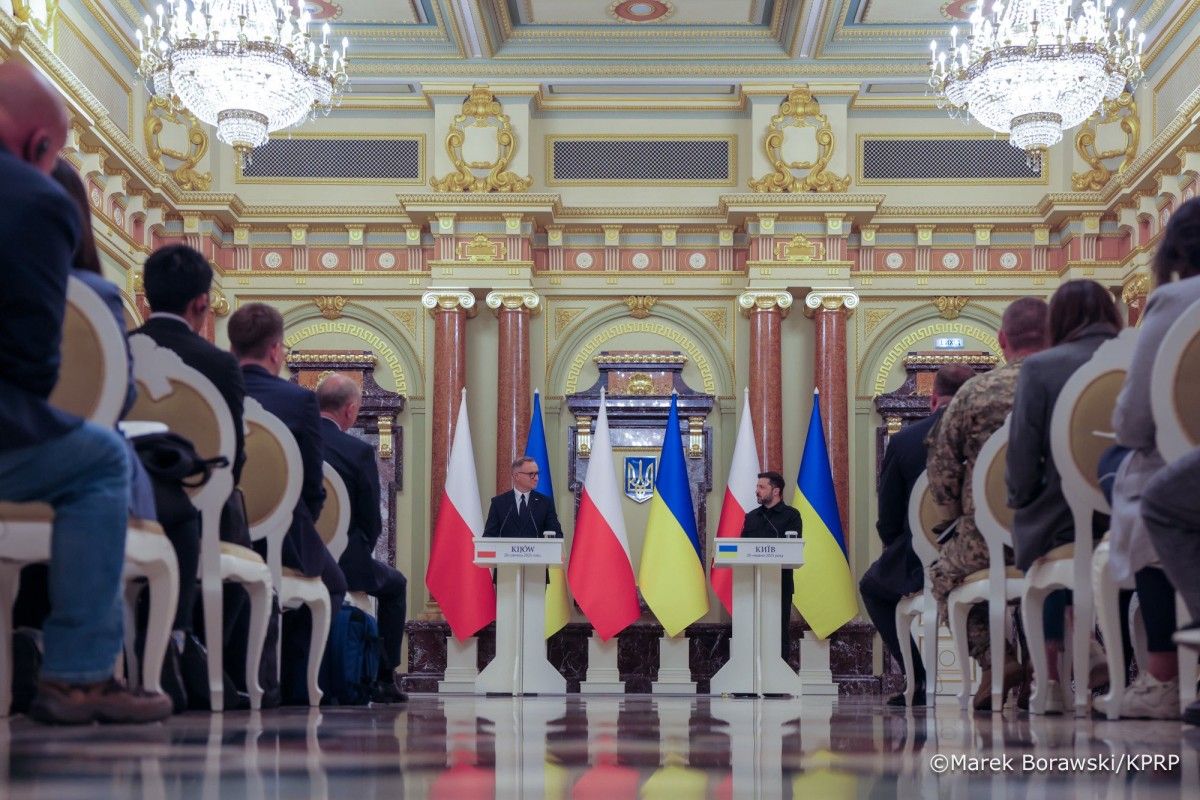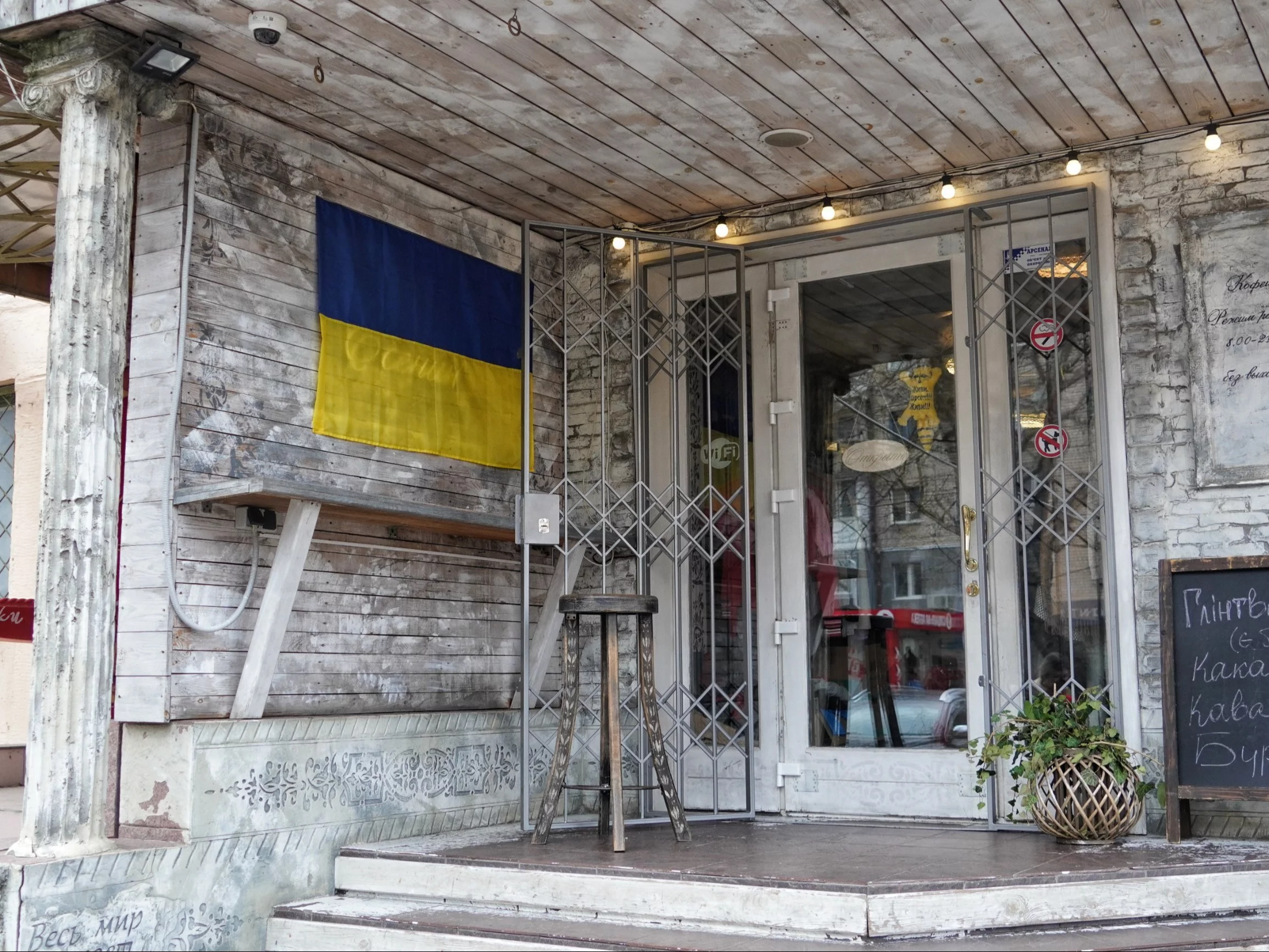A Ukrainian teenager traveled 500 miles across his country with a homemade bomb, an online handler instructing him to plant it in a military conscription van. The handler promised Vlad, 17 at the time, $2,000 for the attack in Rivne this July. Ukraine's SBU security service foiled the operation. Now 18, Vlad faces terrorism charges and up to 12 years in prison.
His case exposes a disturbing pattern: Russian agents systematically recruiting Ukrainian minors online for sabotage operations against their own country. The SBU has identified more than 800 Ukrainians recruited over the last two years, including 240 minors, some as young as 11.
Vlad told the BBC about the moment he assembled the explosive device: "When I was connecting the wires, I thought it could explode then. I thought I might die." Despite the fear, he went through with it. When asked if he considered the consequences of bombing a conscription center, he said: "I did think about it. But nobody likes conscription officers. I thought: Well, I'll be like everyone else."
The recruitment machine
The operation runs primarily through Telegram, where recruiters contact vulnerable young people with cash offers. Vlad's handler, known as Roman, responded within half an hour after the teenager posted on a channel. The payment structure is methodical: $30 for collecting grenades, $100 to $1,500 for arson attacks on conscription centers, up to $3,000 for bombing banks.
Recruitment channels don't openly promote pro-Russian messages. Instead, they amplify anger against Ukraine's conscription service, exploiting legitimate grievances about alleged brutality and corruption. The BBC monitored one active channel that gained over 750 subscribers during the observation period.
Cyber security expert Anastasiia Apetyk, who teaches internet safety in Ukraine, told the BBC she has seen cases involving extremely young children. "They tried to recruit children aged nine or ten," she said.
Deliberate targeting of minors
Andriy Nebytov, Deputy Head of Ukraine's National Police, explained the strategy behind recruiting children to the BBC: "Children do not always fully realise the consequences of their actions." He added: "The enemy is not ashamed of using minors for making explosives out of household chemicals, planting them in various locations such as army recruitment offices or police stations."
The recruiters operate with business-like efficiency. One handler monitored by the BBC wrote: "Finding a reliable person is far more difficult than parting with money. That's why I pay exactly what I say and I do it very quickly, usually within a couple of hours after receiving the video."
Instructions are detailed and specific. One account told a recruit: "You either need to pour petrol inside or throw a few Molotov cocktails inside." Another simply stated: "I need all the arson I can get."
Deadly consequences
For some recruits, the consequences have been fatal. The SBU claims Russian handlers have deliberately detonated devices remotely, killing their own agents. In March, a bomb killed a 17-year-old and badly injured a 15-year-old while they were transporting it to a rail station in Ivano-Frankivsk. Hundreds of alleged saboteurs are awaiting trial in Ukraine.
Vlad now has a message for others tempted by the money: "It's not worth it. They will either cheat you, and then you will end up in prison just like me, or you can take a bomb in your hands and it will simply blow you up."
European dimension
Several European governments report evidence of Russian agents recruiting young men for acts of vandalism, arson, or surveillance in their countries. In the UK, courts jailed six men for a Russian-ordered arson attack on a London warehouse.
Telegram said in a statement to the BBC: "Calls to violence or destruction of property are explicitly forbidden on Telegram and are immediately removed whenever discovered." The BBC noted that many reported channels remained active.
In a statement to the BBC, the Russian Embassy in London rejected the accusations, claiming: "The practices that you mention have become a trademark of the Ukrainian special services. In particular: recruitment of civilians, including children, to carry out arson, sabotage or bombings against people, buildings or vehicles."
Ukrainian officials have publicly named suspected members of Russia's intelligence agencies they believe are acting as handlers for the recruitment operations.
Note: This article was created with Artificial Intelligence (AI).


